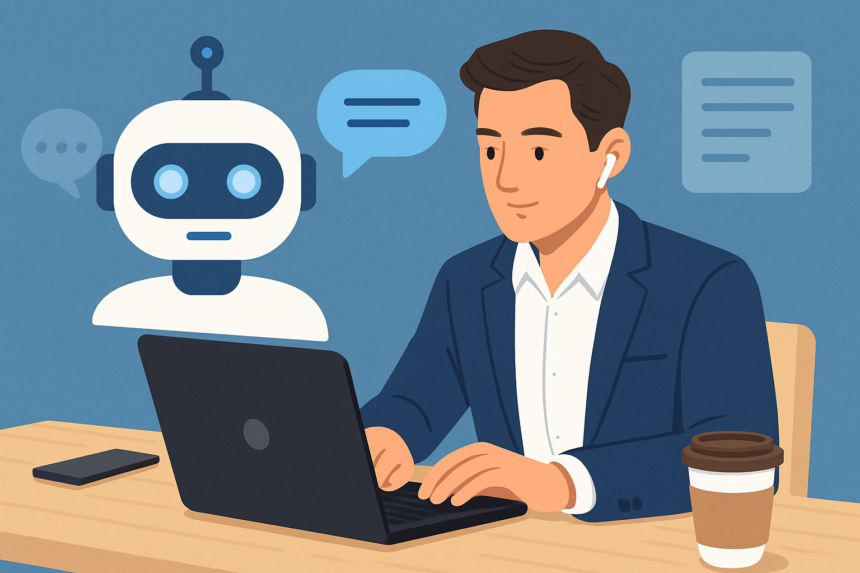A new tool called Cluely is making waves in job interviews, sales calls, and online exams. Developed by two former Columbia University students, Cluely is an innovative AI assistant that helps users perform better when they need to think quickly and under pressure. Whether answering tricky interview questions, navigating complex sales discussions, or acing online exams, Cluely offers a significant advantage.
What’s Happening & Why This Matters
Cluely, marketed as an undetectable assistant, listens to users’ conversations and analyzes what’s on their screen in real time. It then provides instant AI-generated responses, ensuring users always have the right answer at the right time. Cluely works behind the scenes during interviews or exams, offering responses that are almost impossible for the person on the other end to detect. Even when required to share their screen, the tool runs in a hidden window that the interviewer or examiner can’t see.
Currently, Cluely is free to use, but users can subscribe to a paid pro version for more advanced features, like using more sophisticated AI models. The subscription costs $20 a month or $100 annually. The creators, Chungin “Roy” Lee and Neel Shanmugam, previously faced suspension at Columbia University after using the tool to cheat on exams. Now, as the co-founders of Cluely, they are driving its development after raising $5.3 million in funding.
The tool originates from a desire to aid in high-pressure scenarios, but its critics raise ethical concerns. Is it cheating, or simply an extension of the tools people have always used to enhance their productivity and performance? The creators argue that Cluely is no different than calculators, spell checkers, or even Google — tools that have long been used in academic and professional settings. By that logic, Cluely represents the next logical step in leveraging technology to solve problems more efficiently.

However, the ability to have real-time AI assistance during exams or interviews challenges traditional views on fairness and transparency. It opens up a broader debate about the role of AI in education, professional environments, and beyond. As Cluely grows, its ethical implications will be heavily debated. Is this the future of job interviews, or is it another way to circumvent the rules?
TF Summary: What’s Next
Clearly represents an important turning point in the relationship between humans and technology. As AI tools like Cluely become more advanced, we’ll likely see many similar technologies emerging to assist in various aspects of life, be it professional interviews, educational assessments, or everyday tasks. The conversation around whether such tools are ethical or fair is ongoing, and it will be fascinating to watch how it develops as AI becomes a permanent fixture in our lives. Cloudy might start a broader trend toward integrating AI in the workplace and educational systems.
— Text-to-Speech (TTS) provided by gspeech


